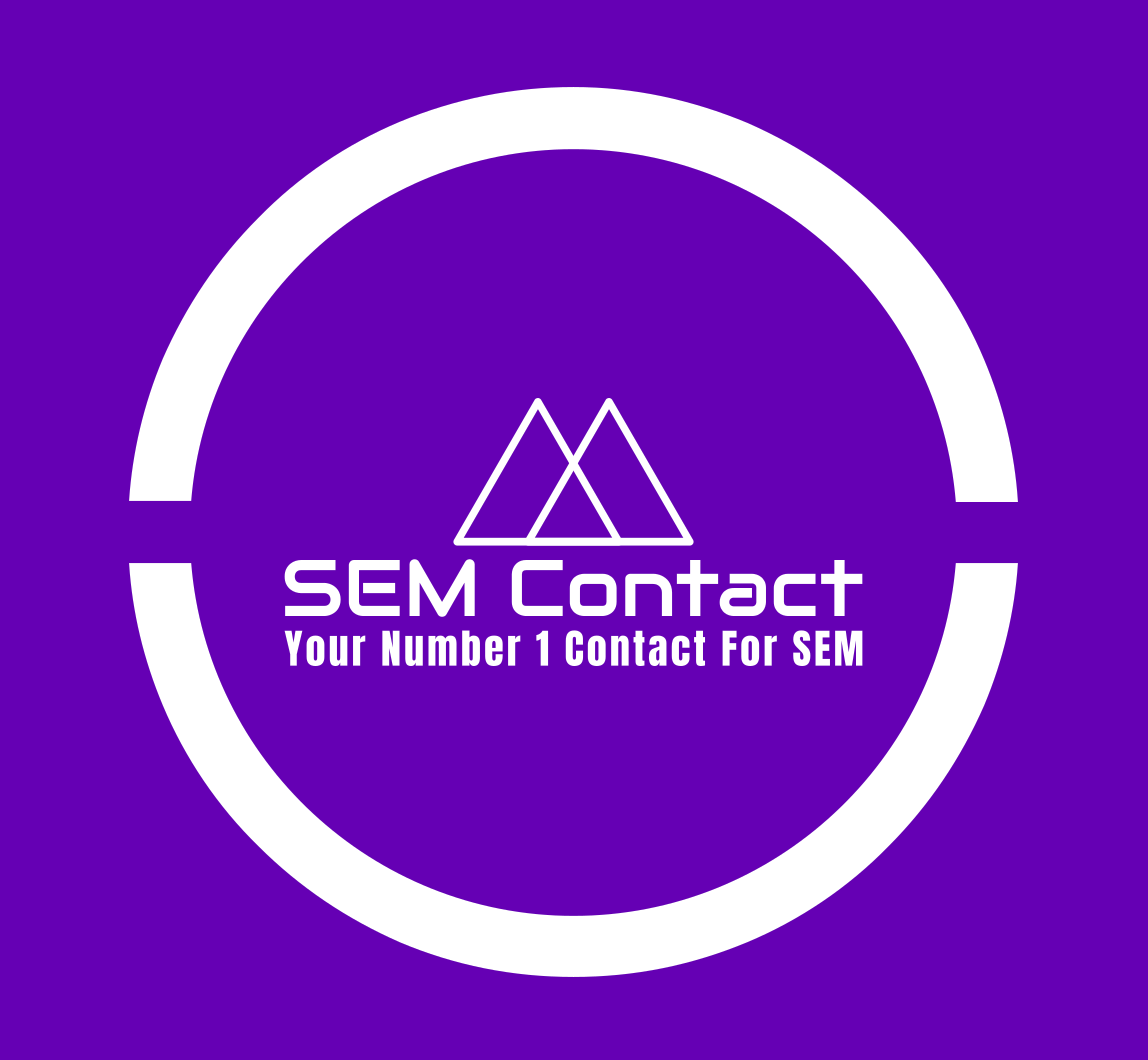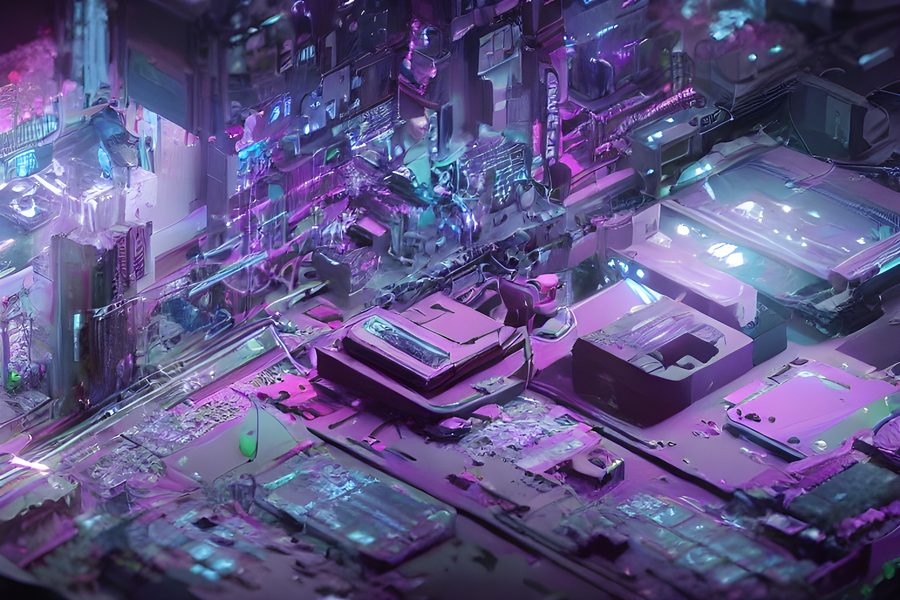AI May Not Steal Your Job, but It Could Stop You Getting Hired

Artificial Intelligence (AI) has become a powerful tool in various industries, revolutionizing efficiency and transforming the way we work. With advancements in AI technology, concerns have arisen about the impact it may have on the job market. While fears of AI stealing jobs may be overstated, there is another potential consequence that deserves attention – AI’s role in the hiring process.
Streamlining the Recruitment Process with AI
Many companies are now using AI-powered systems to automate and streamline their recruitment processes. AI can sift through thousands of applications, analyze resumes, and identify the most suitable candidates based on predefined criteria, all within a short period. This technology reduces the time and effort required by human recruiters to assess applications manually.
Recruiters can utilize AI to handle repetitive tasks, allowing them to focus on strategic decision-making and building relationships with candidates. The potential benefits of AI in recruitment are undeniable, as it increases efficiency, reduces bias, and provides valuable insights through data analysis.
Unintended Consequences of AI in Hiring
While AI holds promise, it is not without its drawbacks. One unintended consequence of AI in hiring is the potential for bias in the algorithms used. AI systems are trained using historical data, including resumes and interview outcomes. If this historical data contains inherent biases, the AI system can unintentionally perpetuate these biases during candidate selection.
For instance, if historically fewer women were hired for certain roles, the AI system may learn to favor male candidates for those positions. This unintentional bias can reinforce gender, racial, or other discriminatory stereotypes, disadvantaging qualified candidates from underrepresented groups.
Challenges in Assessing Soft Skills
Another challenge arises when it comes to assessing soft skills, such as communication, teamwork, and creativity. These skills are crucial in many roles but are more difficult to evaluate objectively using AI algorithms. Traditional hiring processes involve in-person interviews, group exercises, and other methods that assess these skills through direct human interaction.
While AI can assist by analyzing language patterns and facial expressions, it may fall short in accurately assessing intangible qualities that make a candidate stand out. Relying heavily on AI in the hiring process may lead to missing out on highly skilled individuals who possess exceptional soft skills but don’t fit a particular algorithmic profile.
Striking a Balance
It is crucial to strike a balance between AI-driven efficiencies in recruitment and the importance of human judgment and intuition. Companies should be aware of bias risks and actively work towards inclusivity by carefully evaluating and refining their AI systems. They need to ensure that their algorithms are continually monitored and adjusted to avoid perpetuating discriminatory hiring practices.
Moreover, organizations should find ways to incorporate assessments of soft skills or develop additional technology that can better evaluate these areas. Combining the objectivity and speed of AI with human insights can lead to more well-rounded and equitable hiring decisions.
The Future of Hiring
AI is not here to replace recruiters or steal jobs; instead, it enhances their abilities and optimizes the hiring process. By recognizing the potential pitfalls and continuously working to improve AI systems, the recruitment process can be transformed into a fairer and more effective practice.
At the core of AI integration in hiring lies the need for a human-centric approach. AI should be seen as a complementary tool, enabling HR professionals to make more informed decisions rather than the sole decision-maker. The key lies in understanding that while AI can help us work smarter, it is still invaluable to have human judgment and compassion in the hiring process.
Achieving a balance between human involvement and AI capabilities can ensure that job seekers aren’t hindered in their pursuit of employment opportunities due to unintentional biases or limitations in the evaluation process. With careful implementation, AI has the potential to revolutionize recruitment while preserving the crucial human touch.


Recent Comments